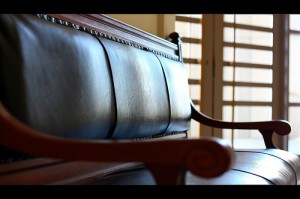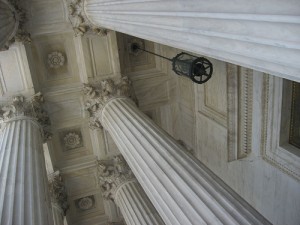Third Circuit Adopts New Standard, Holding that Tinker Does Not Proscribe “Off-Campus” Student Speech
Posted
21 Jul 2020 in Case Notes
Education: Third Circuit Adopts New Standard, Holding that Tinker Does Not Proscribe “Off-Campus” Student Speech B.L. v. Mahanoy Area School District, No. 19-1842 (3d Cir. June 30, 2020). In a decision likely to create greater uncertainty about regulation of student posts to non-school social media, the Third Circuit adopts a rule that off-campus communication is not subject to Tinker’s prohibition against creating disruption within schools and holds that a student’s profane snapchat post cannot result in discipline against her. B.L., a junior varsity...







